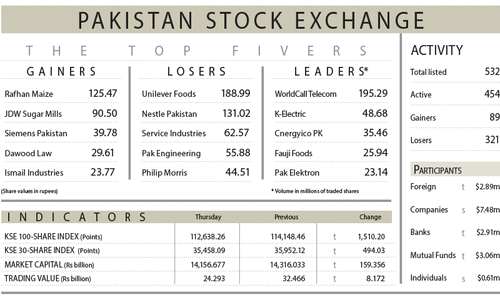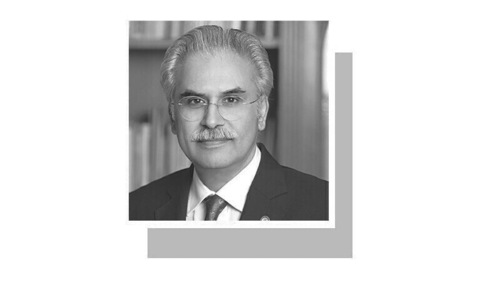CARACAS, May 27: Rising oil prices are causing grief to motorists across the world, except in Venezuela, where domestic supply and state subsidies mean filling up the tank costs less than a bottle of mineral water.
“We have got used to free-flowing gasoline. In Venezuela, it’s the price of milk and flour that is going up, not gas,” said Leandro Otero, a taxi driver in Caracas, after spending three bolivars (about one US dollar) filling up.
The minimum monthly wage in Venezuela is 800 bolivars, or about 370 US dollars, and a litre of gas costs 0.1 bolivars (four US cents) -- making it virtually free.
Low prices have fuelled the oil addiction of residents of this country, the largest crude oil producer in Latin America, and they are quick to protest against any attempts to change the situation.
Socialist President Hugo Chavez has not increased prices in more than nine years in power, with the result that gas here is cheaper than in Saudi Arabia, the world’s main oil producer.
To keep prices low, the PDVSA state oil company must subsidise gas to the tune of 19 billion dollars a year, according to Jose Guerra, an economics professor at the Central University of Venezuela.
Venezuela is still haunted by the “Caracazo” protests in the capital in 1989 in which hundreds of people died. They were sparked by the decision by then-president Carlos Andres Perez to raise gas prices by 50 per cent.
The effects of the low prices can be seen in the capital, which boasts 1.8 million vehicles for just four million residents. In the resulting gridlock, the average speed is just 8km per hour.—AFP











































Dear visitor, the comments section is undergoing an overhaul and will return soon.